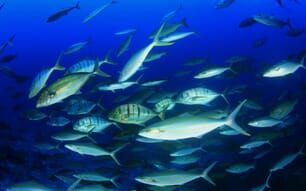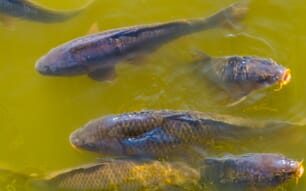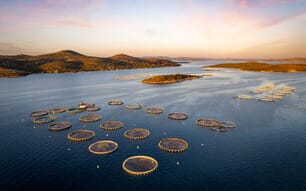The new package includes measures to promote more sustainable fishing including ending overfishing, banning discards, maximum sustainable yields and a move to decentralised decision making on fisheries management.
"The reform will tackle the biggest problem of the Common Fisheries Policy, which is continued overfishing. The Council of the EU will now be obliged to act in a sustainable way when negotiating fishing quotas,” said rapporteur Ulrike Rodust (S&D, DE).
New marketing rules will also ensure that consumers are better informed about the fish they buy, as labels will give more details of the catch area or the type of gear used.
EU Fisheries Commissioner, Maria Damanaki, stated: “The vote by the European Parliament means that we now have a policy which will radically change our fisheries and will pave the way for a sustainable future for our fishermen and our resources. I am very grateful to both Parliament and Council for their commitment, vision and overall support for the Commission's proposals which mean we can now return to sustainable fishing in the short term and put an end to wasteful practices. The new CFP is a driver for what is most needed in today's Europe: a return to growth and jobs for our coastal communities."
Australia is now home to the world's biggest barramundi hatchery, which has the capacity to supply almost half the annual global industry requirement for seed stock.
Located in Werribee, Victoria, the Mainstream Aquaculture hatchery is expected to generate annual revenue in excess of A$2 million whilst meeting the increasing global demand.
China has suspended its imports of shellfish from the west coast of the United Statesafter high levels of arsenic and a toxin that causes paralytic shellfish poisoning were found in a shipment of geoduck clams.
KUOW.org said that the ban applies to clams, oysters and all other bivalves harvested from the waters of Washington, Oregon, Alaska and Northern California.
Norwegian fish farming company SalMar has sold all of its shares in Bakkafrost. Salmar sold 7,269,400 shares in the Faroes Island company at a price of NOK86.00 per share.




